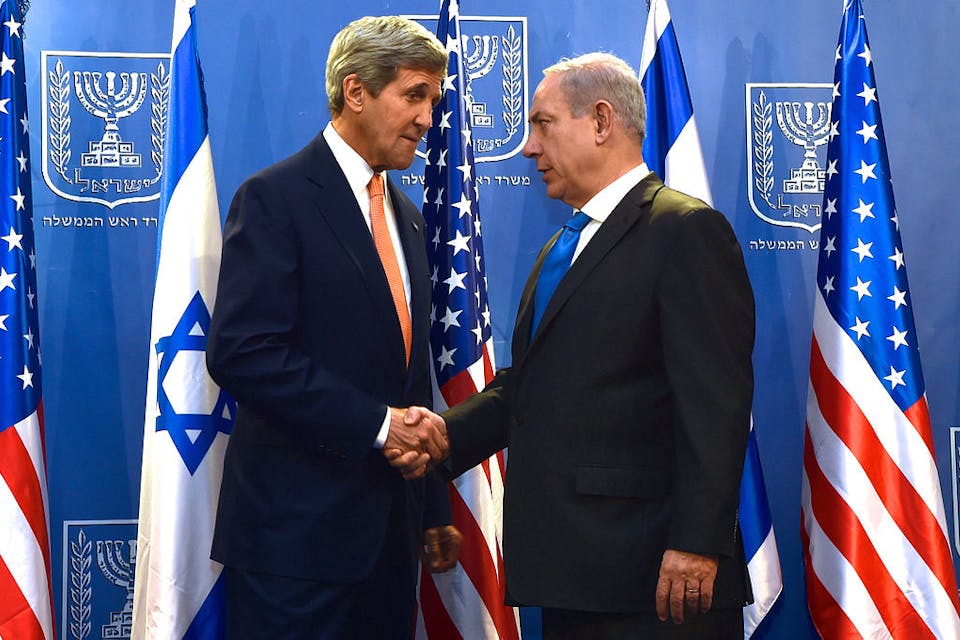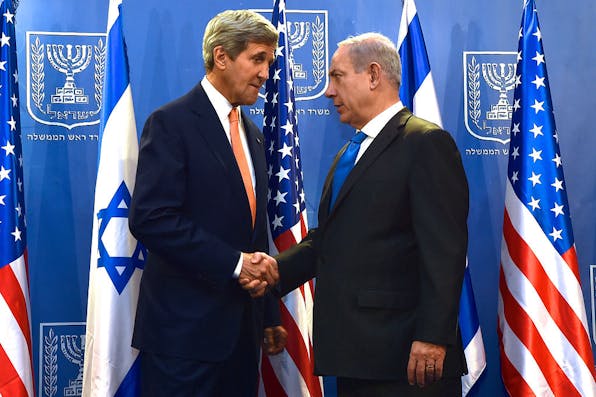
September 7, 2014
Israel’s Situation, in One Word
Good. In two words: not good. But despite the murkiness, there are things it can do.
Years ago, when I was teaching, I regularly subjected my students to a lecture titled “The Four I’s.” Confronted with an essay using the words “impossible,” “inconceivable,” “inevitable,” or “irreversible,” I suggested, one was best advised to stop right there and do something more constructive. This was because the modern history of the Middle East—with its shape-shifting alliances and roller-coaster politics—offered no justification for the use of any such words.
In his sober and sobering essay in Mosaic, Elliott Abrams adds a new word to be banished from the Middle East political lexicon: “unsustainable.” (For good measure, we might also add its first cousin, “unacceptable.”) As he quite correctly observes, the most allegedly unsustainable aspect of the contemporary Middle East—Israel’s “occupation” of Arab lands since 1967—has proved itself quite sustainable. Indeed, he points out, Israel’s control of territories acquired in the 1967 war has outlived not just every leader in the region but some of the regimes they led. Along the way, what was once viewed universally as “unacceptable”—defined variously as Israel’s long-term control of the territories, Israel’s settlement project in the territories, and the denial of Palestinian sovereign claims in the territories—has achieved a certain, however partial, level of grudging, de-facto acceptance.
This is one attribute of what Abrams—whose book, Tested by Zion, is that rare thing, a dispassionate and refreshingly candid reflection on his service as a key American policy maker—appropriately terms Israel’s “long war.” To paraphrase, this is the idea that Israel, despite all the remarkable successes in its young life, remains shackled with a series of profound threats and daunting challenges that will likely define its strategic predicament far into the future.
Responses to September ’s Essay

September 2014
Israel’s Situation, in One Word
By Robert Satloff
September 2014
Can the Unsustainable Be Sustained?
By Haviv Rettig Gur
September 2014
The Case for Unilateral Action
By Amos Yadlin
September 2014
What Now for the United States?
By Michael Doran
September 2014
Keeping the Status Quo, and Improving It
By Elliott Abrams